Many of us probably can remember building sand castles in our youth. We learned pretty quickly that there was always a price to pay for laying the foundation of it too near the water. It might go well for a while, but one good wave, and all our hard work would be washed away. Well, the same is true for our spiritual lives. Perhaps for a while we are offering our prayers on the run, not really taking time to be with the Lord. That might work okay for a while, but all it takes is the wave of one good trial or crisis, and everything we think we’ve built up is gone. We find ourselves lost, scattered by the disarray of our spiritual lives. Building that firm foundation is extremely important, and it’s something we can never fake.
St. Cornelius knew that well. He was elected pope after a 14 month vacancy in the office, because of all the infighting in the Church at the time. He had to mediate many crises, most especially the heresy of Novationism, which denied that anyone who sinned could be reconciled. Because of his stand, his detractors elected the first anti-pope, and had Cornelius exiled to Civitavecchia, where he died as a result of his exile. His friend, St. Cyprian, a bishop, was also involved in the Novation controversy. He too was exiled in the persecution of Valerian, and martyred on September 14, 258.
We honor Saints Cornelius and Cyprian today, two men who built their faith on solid foundation. With that foundation, they were able to work for Church unity, withstand heresies, persecution, exile and martyrdom, and come at last to the heavenly kingdom. May we, like them, build our spiritual lives on firm foundation so that we may withstand whatever persecutions life may bring our way.
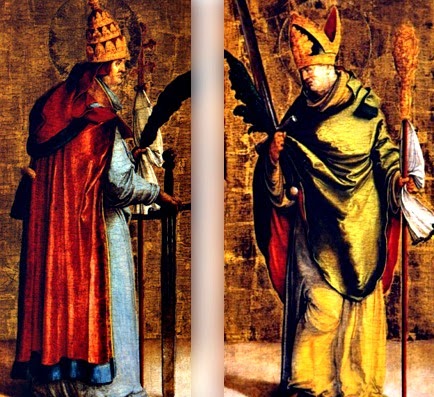
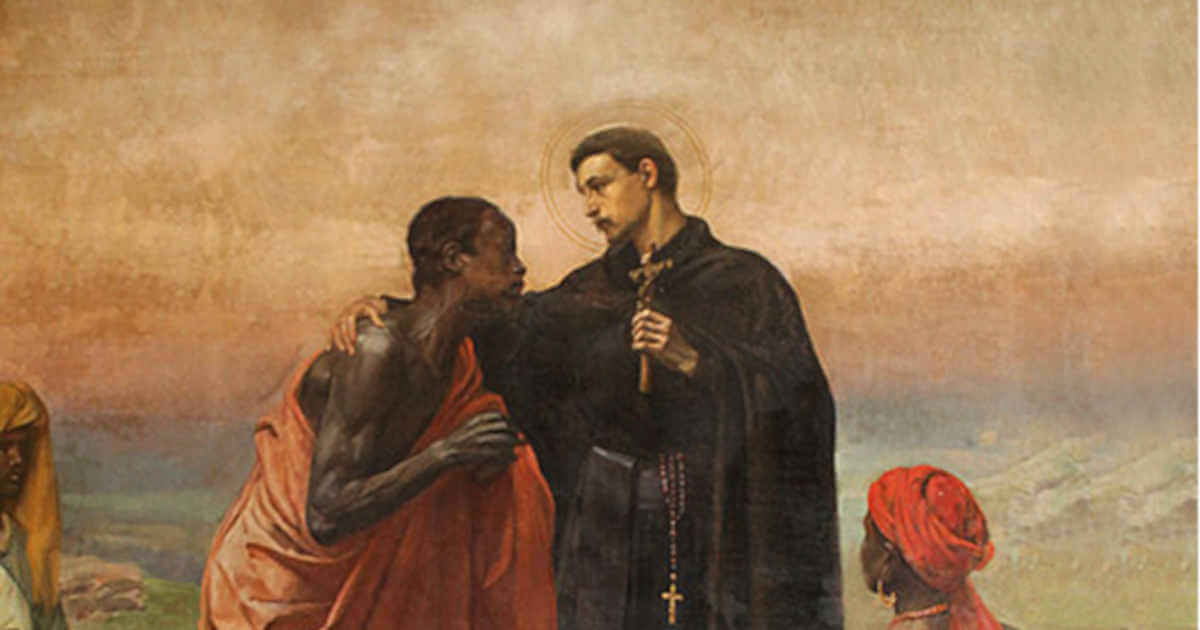
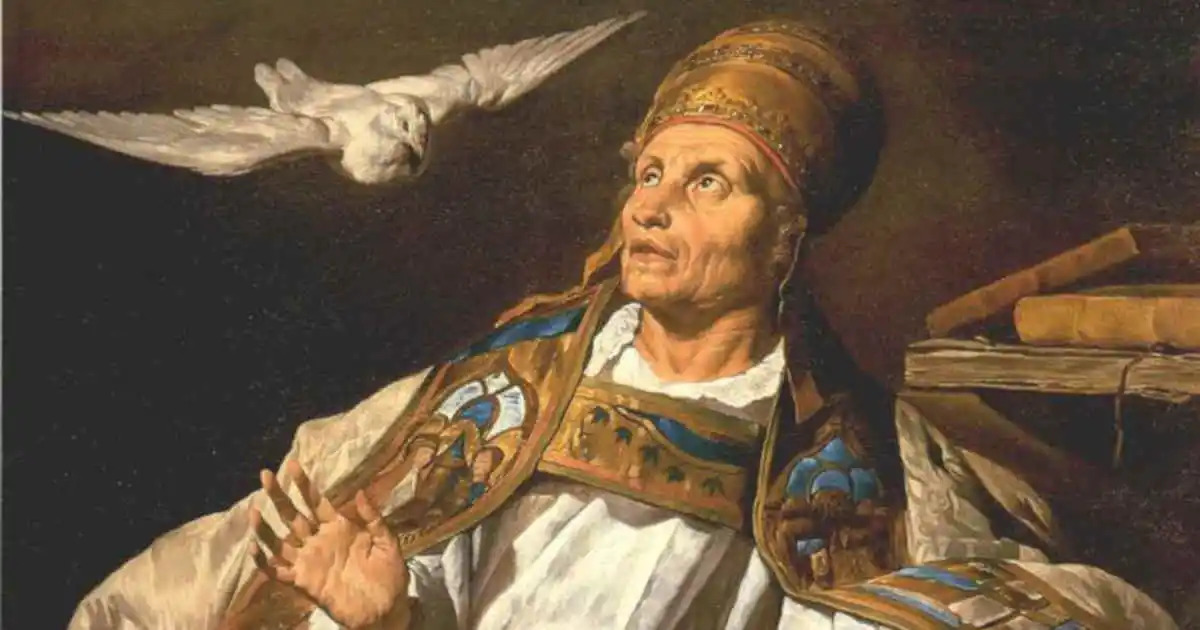
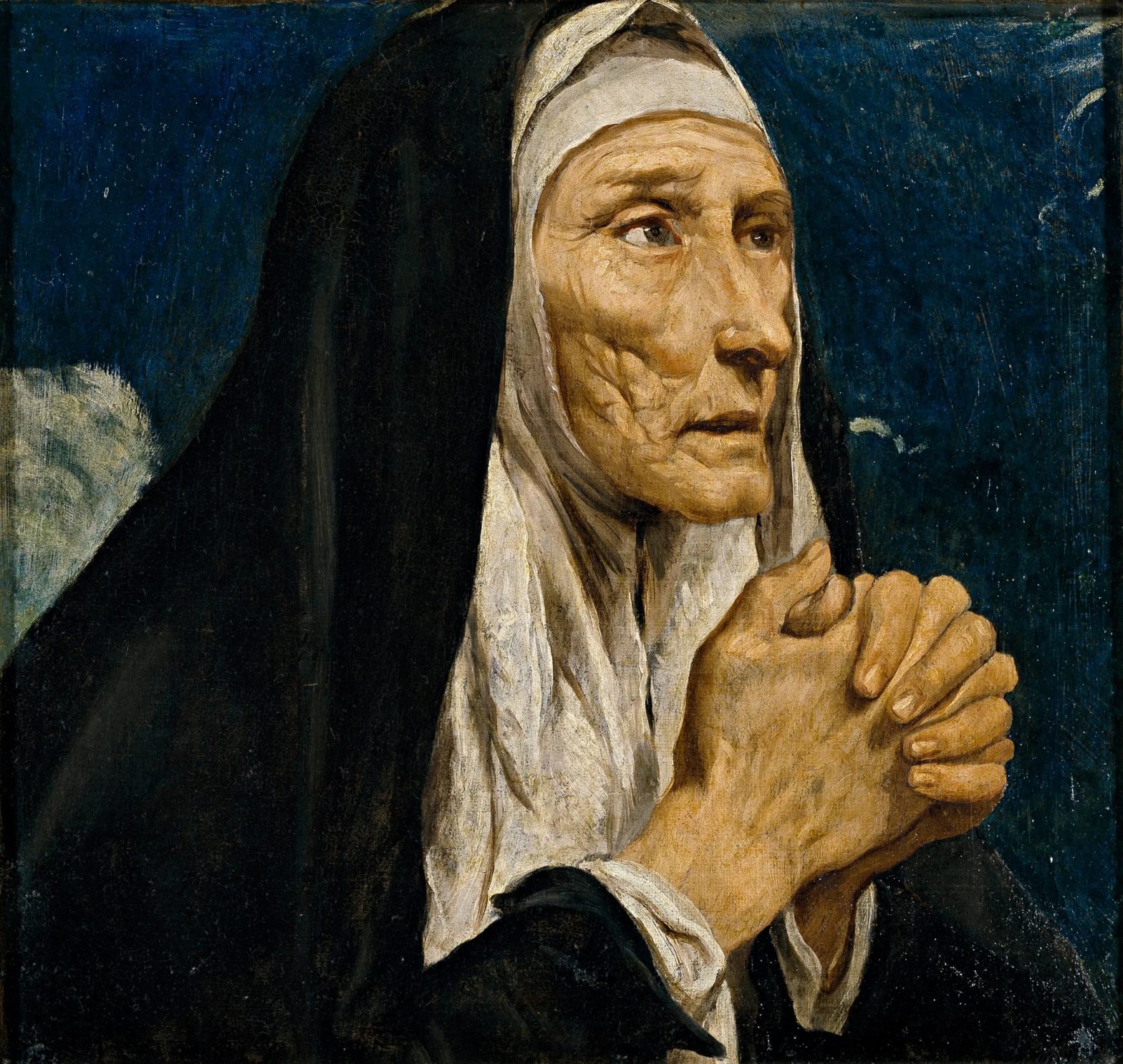
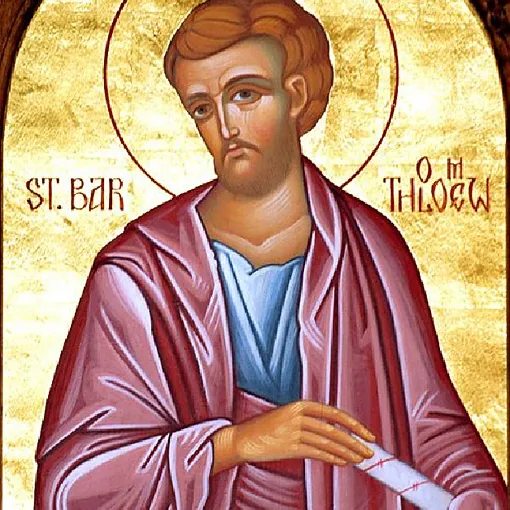
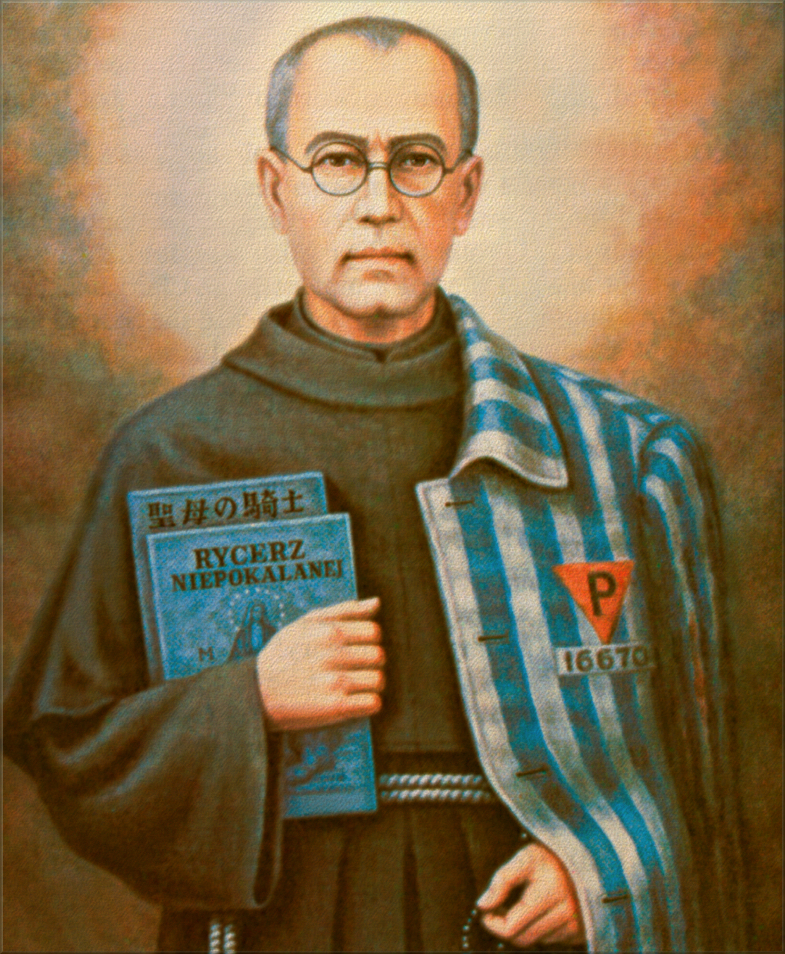
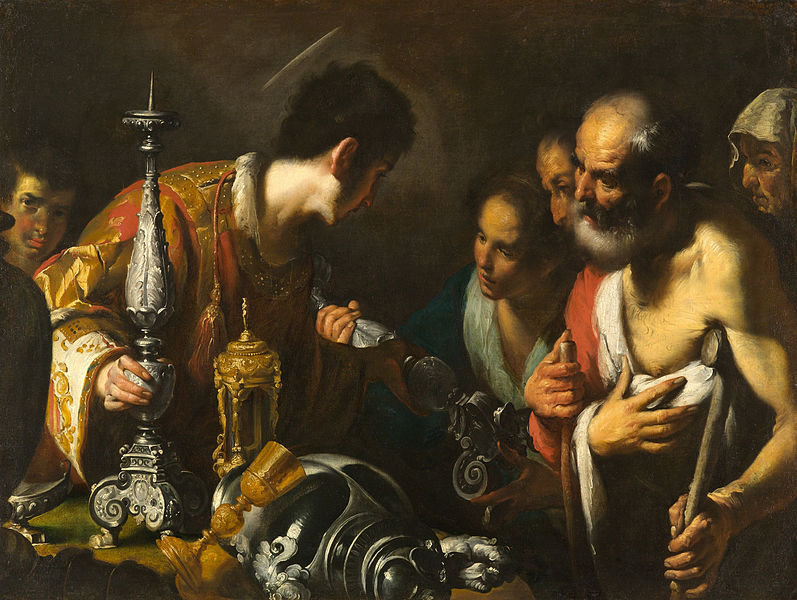
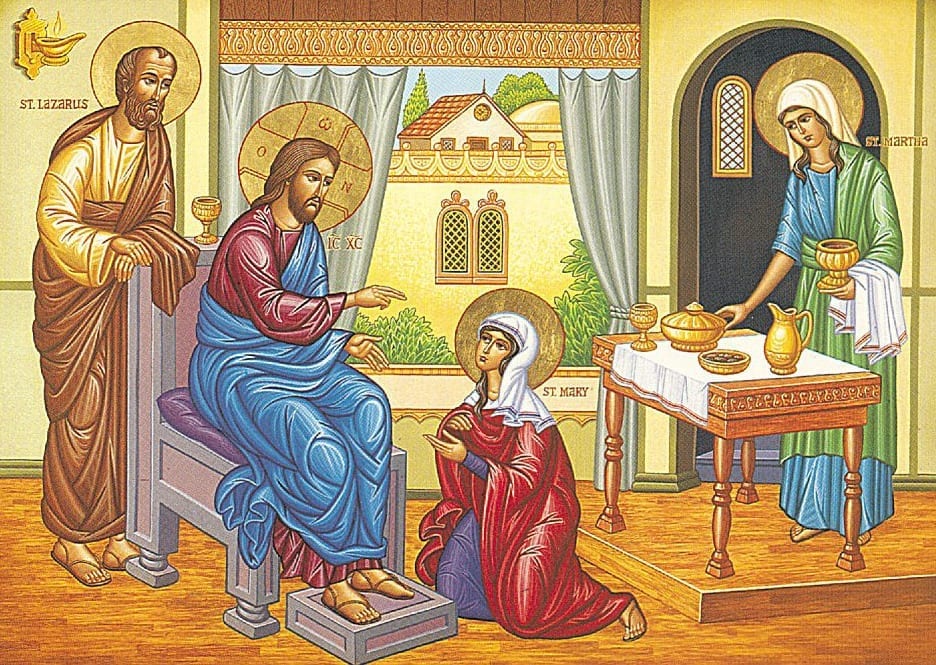
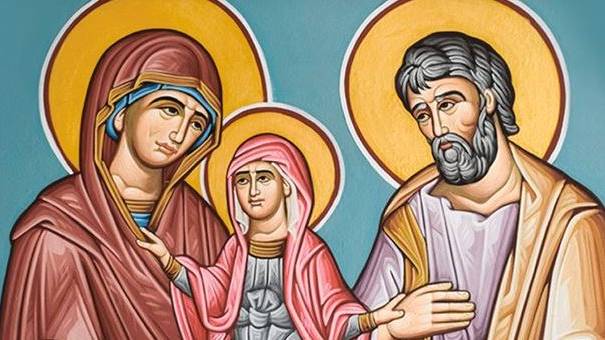
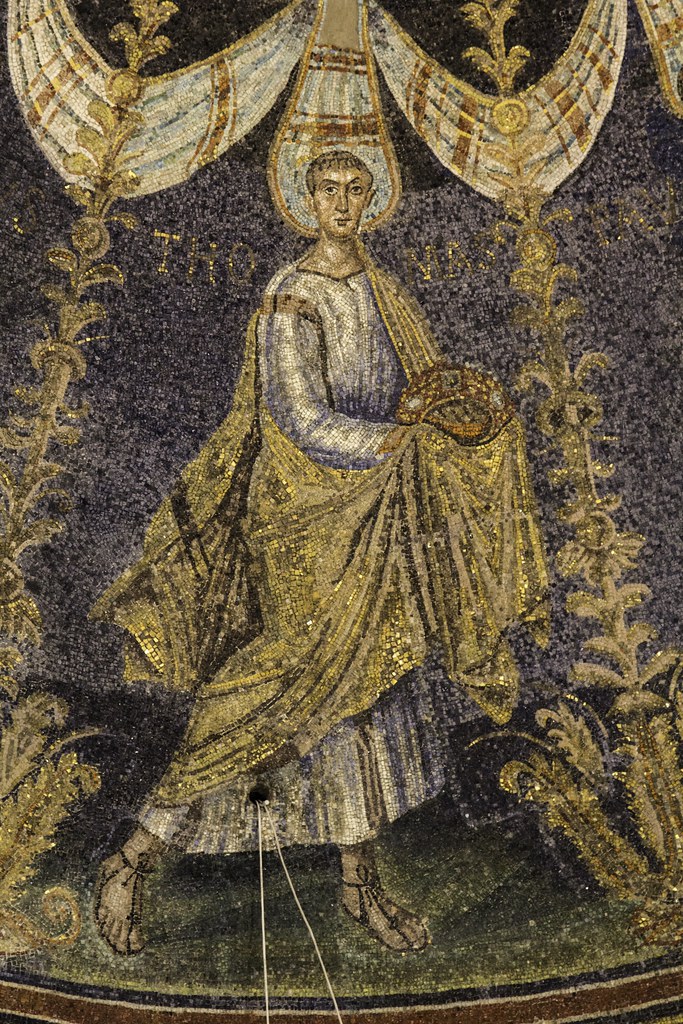
You must be logged in to post a comment.